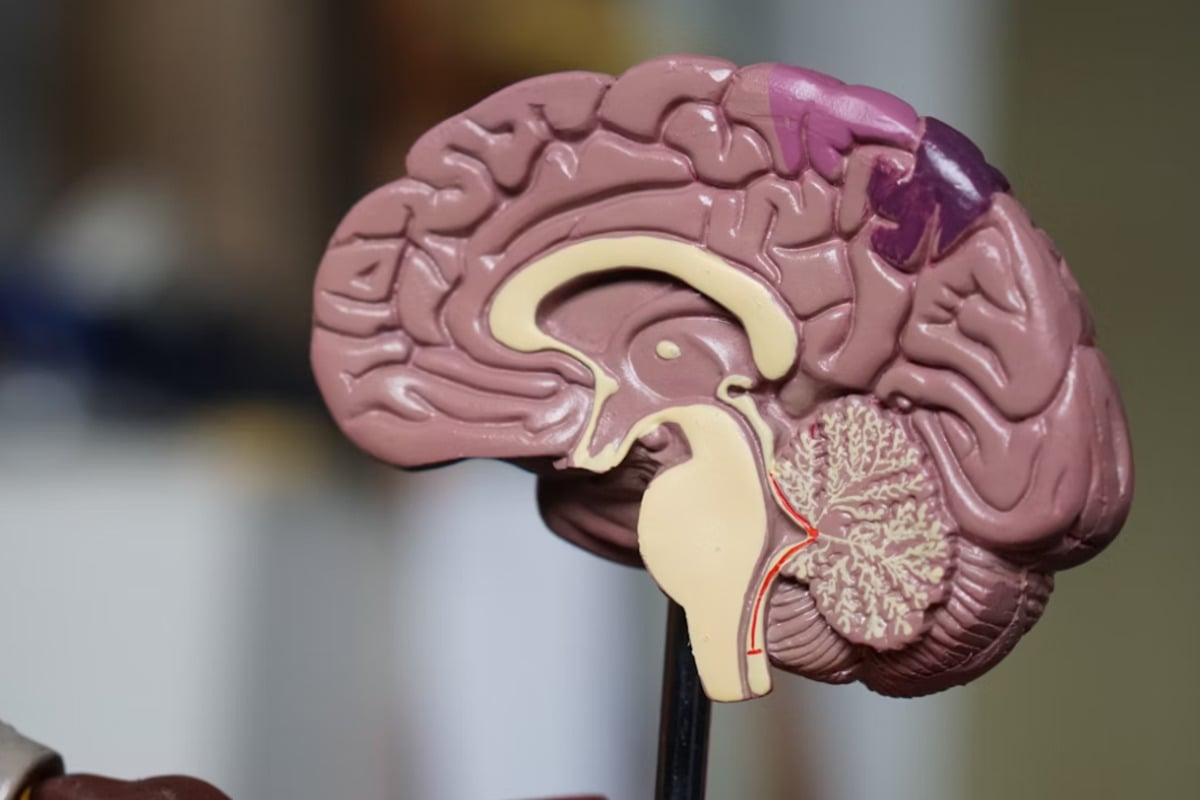Science
MIT Launches RareNet to Transform Research on Brain Disorders

In a groundbreaking initiative, the Massachusetts Institute of Technology (MIT) has launched the Rare Brain Disorders Nexus (RareNet), focusing on advancing research into rare brain disorders. This effort, supported by a generous donation from alumni Ana Méndez and Rajeev Jayavant, seeks to address the inherent challenges associated with studying conditions that impact a limited number of individuals globally. According to MIT News, over 300 million people worldwide are affected by rare disorders that frequently lack approved treatments.
Recognizing the difficulties in recruiting sufficient patient populations for research and the reluctance of pharmaceutical companies to invest in small markets, Méndez and Jayavant have initiated a collaborative framework aimed at fostering breakthroughs in rare disease research. They envision RareNet as a vibrant community of neuroscience experts working together to stimulate scientific advancements across various conditions.
“Our hope is that RareNet will allow leaders in the field to come together under a shared framework and ignite scientific breakthroughs across multiple conditions,”
Jayavant stated, emphasizing the initiative’s collaborative spirit.
Structure and Objectives of RareNet
RareNet will undertake two primary initiatives: establishing a global consortium and developing a therapeutic pipeline accelerator. The consortium aims to bridge currently isolated research efforts, creating a comprehensive international network of researchers and advocates from the outset. Meanwhile, the therapeutic pipeline accelerator is designed to mitigate the risks associated with early laboratory discoveries, facilitating their transition to clinical application. This mission is bolstered by partnerships eager to utilize the accelerator’s resources for expediting clinical progress.
Under the guidance of Guoping Feng, a prominent researcher in neurodevelopmental disorders, RareNet intends to invest in innovative therapies for conditions such as Rett syndrome and Sturge-Weber syndrome. The initiative aspires to develop treatments capable of reversing dysfunctions affecting the brain and nervous system. Feng remarked, “RareNet pioneers a unique model for biomedical research — one that is reimagining the role academia can play in developing therapeutics,” acknowledging the essential groundwork laid by the MIT team for impactful foundational studies.
Impact on Patients and the Future of Rare Disease Research
As RareNet embarks on this mission, its leaders remain committed to ensuring that the experiences of patients and caregivers shape their research and therapeutic goals. Feng noted, “Patient and caregiver experiences, and our foreseeable impact on their lives, will guide us and remain at the forefront of our work.” This focus illustrates the transformative potential of RareNet for both the understanding and treatment of rare brain disorders.
Méndez echoed this sentiment, emphasizing the need for a unified community working towards a common objective. The establishment of the Rare Brain Disorders Nexus represents a hopeful chapter in addressing conditions that have long been overlooked, bringing the promise of scientific advancement and renewed hope to those affected.
-

 Lifestyle3 months ago
Lifestyle3 months agoLibraries Challenge Rising E-Book Costs Amid Growing Demand
-

 Sports3 months ago
Sports3 months agoTyreek Hill Responds to Tua Tagovailoa’s Comments on Team Dynamics
-

 Sports3 months ago
Sports3 months agoLiverpool Secures Agreement to Sign Young Striker Will Wright
-

 Lifestyle3 months ago
Lifestyle3 months agoSave Your Split Tomatoes: Expert Tips for Gardeners
-

 Lifestyle3 months ago
Lifestyle3 months agoPrincess Beatrice’s Daughter Athena Joins Siblings at London Parade
-

 World2 months ago
World2 months agoWinter Storms Lash New South Wales with Snow, Flood Risks
-

 Science3 months ago
Science3 months agoTrump Administration Moves to Repeal Key Climate Regulation
-

 Business3 months ago
Business3 months agoSoFi Technologies Shares Slip 2% Following Insider Stock Sale
-

 Science3 months ago
Science3 months agoNew Tool Reveals Link Between Horse Coat Condition and Parasites
-

 Science2 months ago
Science2 months agoSan Francisco Hosts Unique Contest to Identify “Performative Males”
-

 Sports3 months ago
Sports3 months agoElon Musk Sculpture Travels From Utah to Yosemite National Park
-

 Science3 months ago
Science3 months agoNew Study Confirms Humans Transported Stonehenge Bluestones









